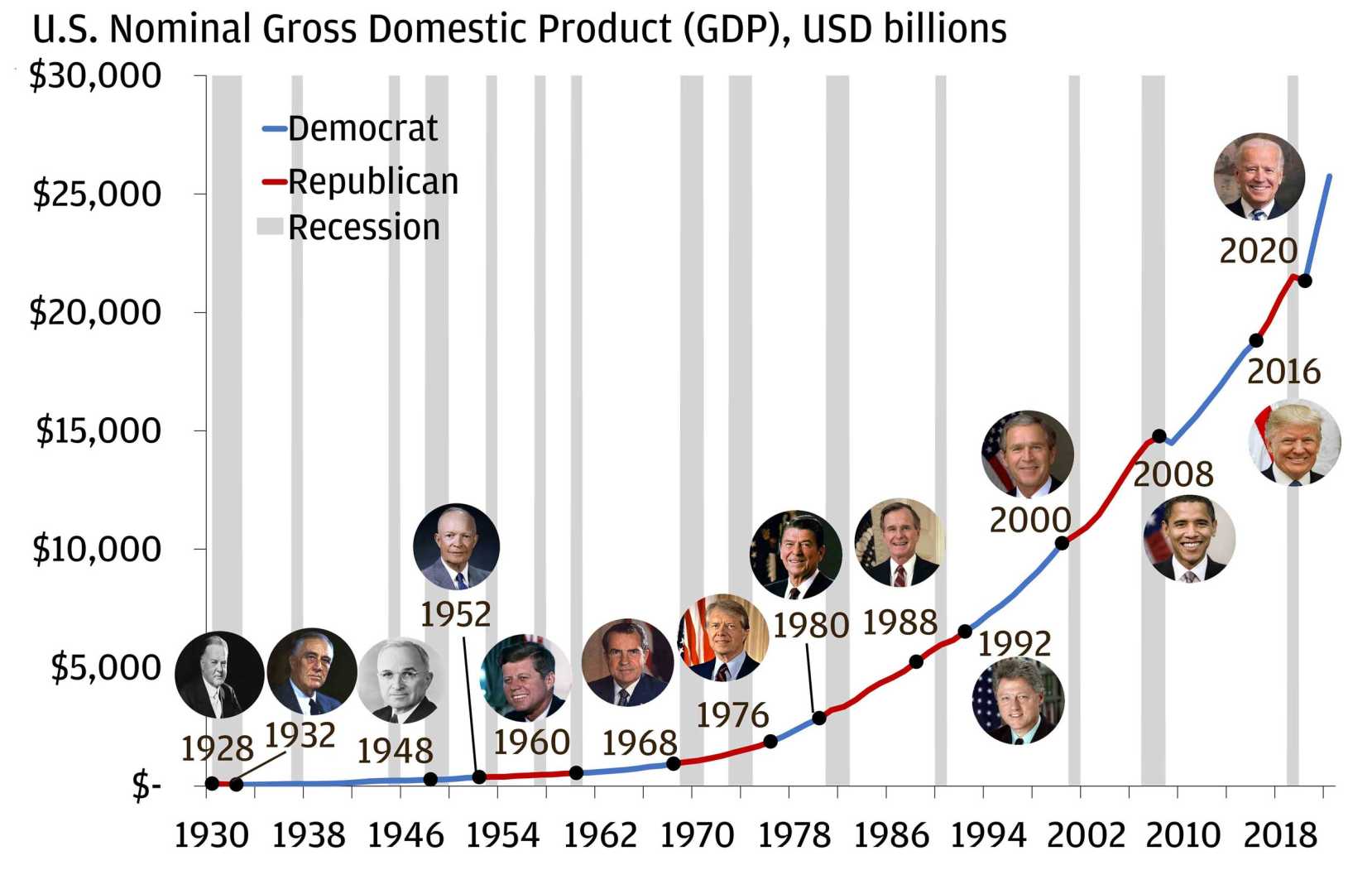News
Prediction Markets See Surge in U.S. Election Trading ahead of November Vote

Following the recent lifting of a domestic betting ban, traders on prediction markets are narrowly favoring former President Donald Trump over Vice President Kamala Harris for a victory in the upcoming U.S. presidential election. These developments have unfolded after fledgling platforms like Kalshi gained legal clearance to operate.
Kalshi, having secured a court victory in Washington against a U.S. regulator, now allows institutional investors to wager up to $100 million on presidential candidates. According to Kalshi’s founder, Tarek Mansour, more than $12 million has already been placed since the ban was lifted. “Those amounts are expected to grow as election day approaches,” Mansour stated.
The wagers are structured as binary options, where the contract’s price fluctuates based on the perceived likelihood of an event occurring. Contracts supporting Trump’s win have recently traded at 54 cents, while those for Harris are priced at 47 cents.
The legal ability for Kalshi to offer election contracts in the U.S. comes from a recent appellate court decision overturning a stay requested by the Commodity Futures Trading Commission (CFTC). The CFTC’s concerns revolve around election betting affecting the democratic process’s integrity, a view countered by the court’s recent ruling.
Steve Sanders, from Interactive Brokers, noted the potential both for speculators considering short-term moves and for risk hedgers. “Both play an important role,” he mentioned while discussing the launch of their event contracts following Kalshi’s court victory.
Commenting on the legality of these markets, Grant Ferguson, a political scientist at Texas Christian University, said, “Institutional money in these markets represents informed opinion, despite the investors’ personal political views.”
Other platforms, such as PredictIt and Polymarket, continue to operate under different regulations. PredictIt, for example, limits users to $850 per bet and functions under academic research-related rules since 2014, while Polymarket offers a blockchain-based system not available to U.S. users.
These prediction markets not only offer an avenue for expressing political views but also represent a potential means of hedging financial risk during elections. Analysts, like Bob Elliott from Unlimited Funds, underscore the challenges of navigating political uncertainties, positing that such markets could have mitigated some risks during events like the Brexit vote.
Despite the platforms’ low trading volumes and regulatory uncertainty at present, they have captured significant attention. Polymarket reported $1.9 billion in trades since early 2024, highlighting the scale of interest these markets hold globally.
Critics, however, voice concerns about market manipulation. Cantrell Dumas from Better Markets warned of possible nefarious intentions, suggesting that manipulative trades could distort market perceptions. “You have more people with incentives to influence the election’s outlook,” Dumas emphasized.
While challenges remain, such as regulatory scrutiny and liquidity issues, prediction markets might eventually serve as alternative tools for consultancies and political strategists seeking additional insights into electoral outcomes. Koleman Strumpf from Wake Forest University remarked on their accuracy, noting that “these markets typically do as well or better than polls, with exceptions like 2016.”












